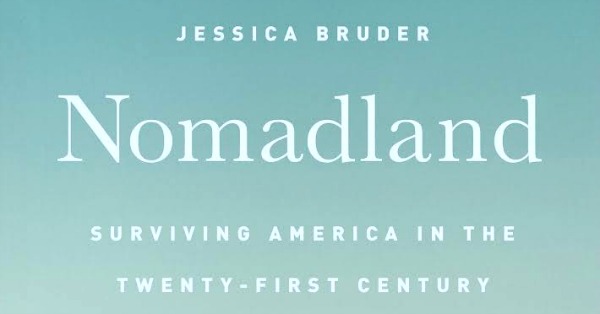I mentioned the news of the author Ursula Le Guin passing away in an earlier post. Here is a note of appreciation. As an Operations Research person, I love hard science fiction (Clarke, Niven, Reynolds, and others). But, it was astounding to read Le Guin the first time, and the sense of mystery has only deepened over the years. She was distinct from every other literary author that I have read. In her writings, Le Guin brought her unique sensitivity in creating imagined worlds with poetic words corralled with a rational curiosity of science. Much has been written on the internet on the social foresight in her writings: the physical appearance of her protagonists, gender issues, politics of social choice, etc. She…
Leave a CommentCategory: Books
I learned that Ursula Le Guin passed away, earlier today. I am a bit surprised how much this news has affected me. Le Guin was one of the best writers that I had the pleasure of reading, first as a teenager, and then through the college years, as the appreciation of her nuanced writing grew unceasingly. Her writing transformed how I thought about Science, Fiction, and the world. She was the SF writer that deserved the Nobel more than anyone. More later, but here is the NYTimes Obit.
Leave a CommentA Full Life: Reflections at Ninety A successful presidency may be a function of steadfastness, leadership, decency and intellectual acuity, but it is also a resultant of happy accidents of cosmic confluence and contemporary affections of the citizenry. Presidential historians do not rate Carter’s presidency very highly. President Carter is a living testament that being a decent human being is not sufficient to be a successful president. In his book, President Carter reflects on his life at 90, looking back at his idyllic childhood in rural Georgia, his entry into politics, his life in submarines, and finally evaluates his presidential tasks completed and incomplete. Some Notes: President Carter remembers his house being a Sears Roebuck catalog house. In these days…
Leave a CommentDerek Thompson’s writing is always enjoyable.1 In his Hit Makers, Thompson looks at two main questions: 1. What is the secret to making products that people like? 2. Why do some products fail in the marketplaces while similar ideas catch on and become massive hits? To address the first one, he shows that many of the viral hits have some strong shared features (timely exposure, MAYA rule2– most advanced yet acceptable designs, refrain and repetition for music, helpful economics, network effects, and the force of storytelling). But these features are, as Thompson himself argues, not exactly some “secret sauce”. I hope that the readers are not frustrated by the eventual answer to Why question: much of virality is due to…
Leave a CommentHighlighting five books that I loved reading in 2017. These are not necessarily books that were published in 2017. By design, and by inhibitions imposed by the relative paucity of my prior readings, I tend to read books after a time lag. On the flip side, I would like to think that my reading is not strongly influenced by the news cycle. The time lag also provides opportunities to discover older, well-regarded books. In the recommendation below, I did not include books I read again (e.g. Tolkien and Marcus Aurelius) and also some books that I thoroughly enjoyed (e.g., a new translation of Crime and Punishment by Pevear and Volokhonsky). More or less, I have tried to curate books based…
Leave a CommentWhere do temporary e-commerce workers come from? I noticed that Jessica Bruder’s Nomadland, a book I enjoyed reading earlier in November, was listed in the NYTimes 100 Notable Non-Fiction books of 2017. Well-deserved recognition for the book. I recommend the book review by the sociologist Arlie Hochschild, who has written several deeply informative books on the nature of work and life in America. Here is an excerpt from Dr. Hochschild’s review. Moving “like blood cells through the veins of the country,” Jessica Bruder writes, a growing number of older people, post-recession refugees from the middle and working class, are, like Linda, crossing the land in their Jeeps, campers and repurposed buses in search of work. … Other nomads “pick raspberries in Vermont, apples in…
Leave a Comment(Photo credit: Alamy, The Economist). The Economist (subscription) has a review of an upcoming biography of Joseph Conrad by Maya Jasanoff (The Dawn Watch: Joseph Conrad in a Global World. Penguin Press). The magazine calls Conrad the “First Novelist of Globalization”, which I think is quite accurate. Conrad, born in Ukraine, ran away to sea-faring at 16, landed in the UK at 21. He wrote about regions unfamiliar at the birth of globalization – South East Asia (in Lord Jim) and Belgian Congo (Into the Heart of Darkness, which inspired Apocalypse Now) – lands that stretched in the unknowns (compared to British Raj in India). Think of all the people writing about what AI means to the world, now. Conrad is…
Leave a Comment